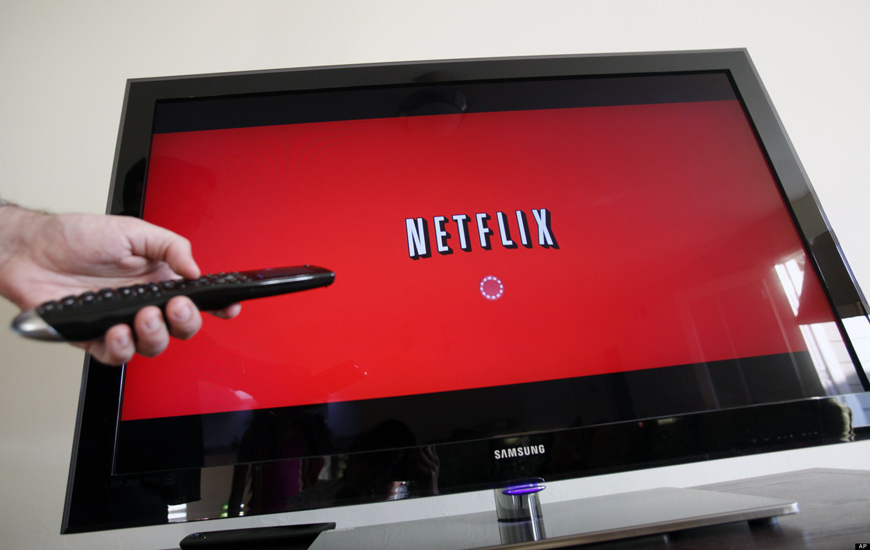People generally like Google and Netflix and they generally really, really hate their ISP. However, The Hill reports that Representative Marsha Blackburn (R-Tenn.) would like to correct your thinking: You see, it’s broadband companies such as Comcast and Time Warner Cable who are the real innovative producers out there while the content-producing companies are “free-riding” moochers.
In fact, Blackburn is so incensed at Google and Netflix for supposedly demanding free rides on ISPs’ pipes that she hinted that she’d support something that’s generally unthinkable for most Republicans: A tax increase on big tech companies who support net neutrality.
“Since they seem so ready and willing to rely on regulations to help them with their business models, how would you recommend that those entities share in the cost… of funding the agency,” Blackburn asked Federal Communications Commission chairman Tom Wheeler this week during a hearing on net neutrality. “They want to step in… pushing the net neutrality rules.”
Of course, companies such as Google and Netflix are anything but “free riders” on ISPs’ networks. In terms of interconnection, for instance, they will either pay for direct connections to ISP networks to improve performance as Netflix does or they will pay major transit providers such as Level 3 to distribute their traffic to multiple different ISP networks. Net neutrality rules wouldn’t impose any extra costs on ISPs — rather, they would just make sure that ISPs aren’t allowed to discriminate against tech companies’ traffic to promote their own services on their own networks.
In fact, the only thing net neutrality rules would do would be to prevent ISPs from generating extra revenue from doing things such as promoting their own digital video services at the expense other popular services or from charging popular video services more money to ensure that their traffic gets delivered faster than traffic on the standard Internet.






